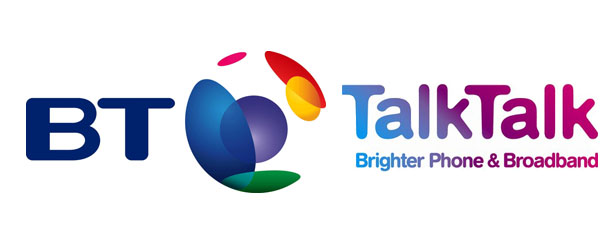Digital Economy Act Judicial Review Analysis
April 22, 2011 | 09:34
Companies: #government #open-rights-group

Digital Economy Act Judicial Review Analysis
This week, Justice Kenneth Parker threw out a number of claims from ISPs BT and TalkTalk claiming that the cost to ISPs of implementing parts of the UK's Digital Economy Act (DEA) contravened European law.To summarise, ISPs were originally expected to foot the bill of 25 per cent of Ofcom's costs towards setting up an appeals body (qualifying costs), 25 per cent of the ISPs' costs of receiving information from copyright holders and writing letters to subscribers (relevant copyright costs) and 25 per cent of the costs of appeals from subscribers (case fees).

In all three cases, copyright holders were expected to stump up the remaining three quarters of the cost, and only ISPs with over 400,000 subscribers were expected to pay towards the costs. Following the Judicial Review, ISPs are no longer expected to pay towards setting up an appeals body, but the other costs all remain intact.
Unsurprisingly, this has delighted representatives of various content industries. British Phonographic Industry (BPI) chief executive Geoff Taylor said that the judgment 'gives the green light for action to tackle illegal downloading in the UK. It confirms that the DEA is proportionate and consistent with European Law. Shareholders and customers of BT and TalkTalk might ask why so much time and money has been spent challenging an Act of Parliament to help reduce the illegal traffic on their networks. It is now time for BT and TalkTalk to work constructively with Government and with rights-holders to implement the Digital Economy Act.'
Meanwhile, John McVay, chief executive of PACT (Producers Alliance for Cinema and Television) and spokesperson for the Creative Industries Intervening Group, said that the group had 'always believed that the Judicial Review was misconceived and today’s decision again confirms that the Digital Economy Act is a legal, proportionate way to tackle the enormous damage caused by online copyright infringement. Rather than needlessly spending more time and money on further legal challenges, BT and TalkTalk now need to focus on working with rightsholders and the Government in implementing the DEA with immediate effect.'

The Open Rights Group is currently campaigning against the measures in the Digital Economy Act
'I think the key thing for us about this ruling is that it's emphatically not a judgment about whether this is a good policy or not,' said Peter Bradwell, spokesperson from the Open Rights Group. 'The judge wasn't saying that the judgment made by politicians about the severity of the problem - and the necessary response to it - was a good judgment, he was just looking at whether it was consistent with the EU laws or not.'
TalkTalk says it's currently in the process of reviewing the judgment and considering its options. Despite the current ruling, the ISP says its options could include 'an appeal to the Court of Appeal, or a request that the Court of Appeal make a reference to European Court of Justice.' Talk Talk also said that it 'will continue fighting to defend our customers’ rights against this ill-judged legislation.'

MSI MPG Velox 100R Chassis Review
October 14 2021 | 15:04








Want to comment? Please log in.